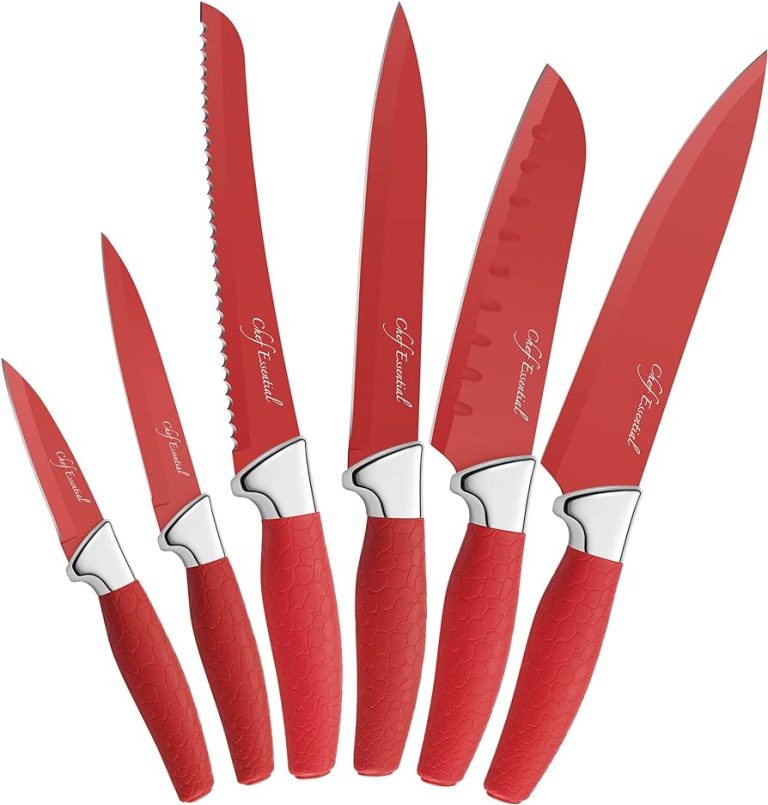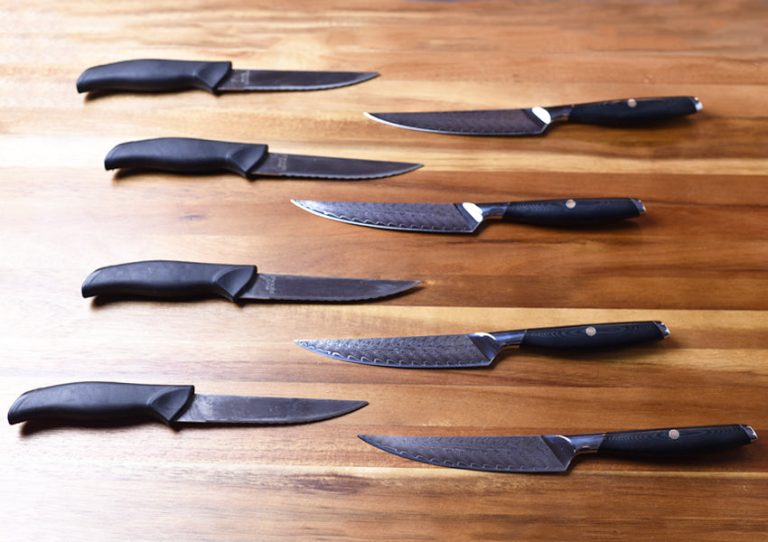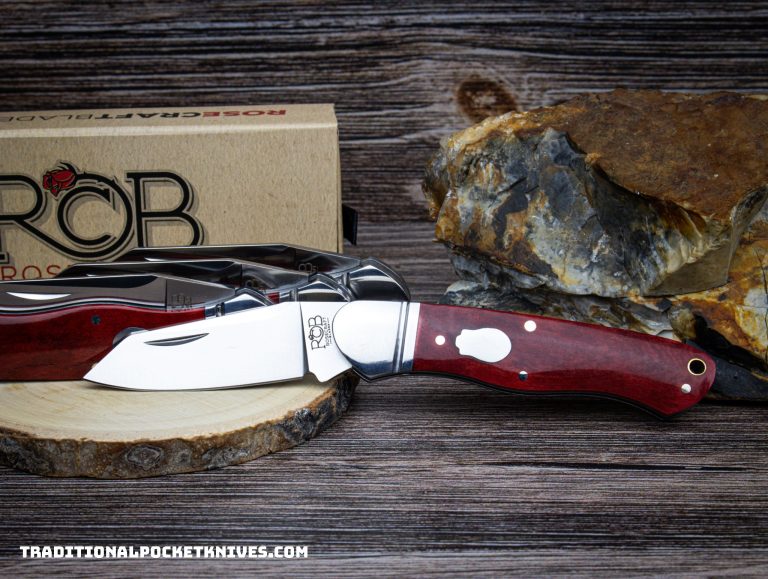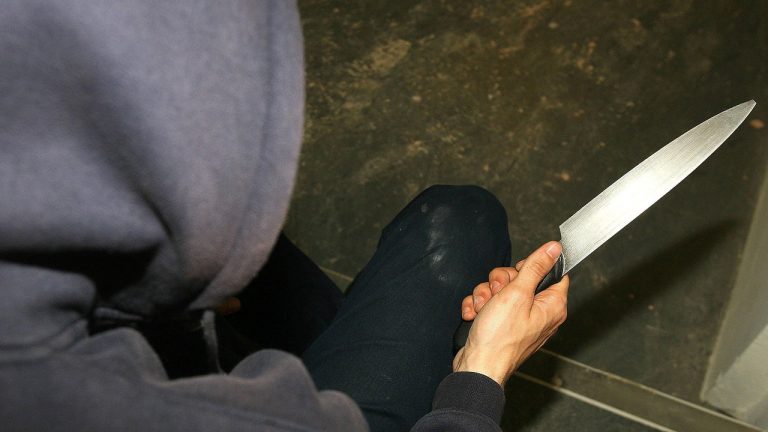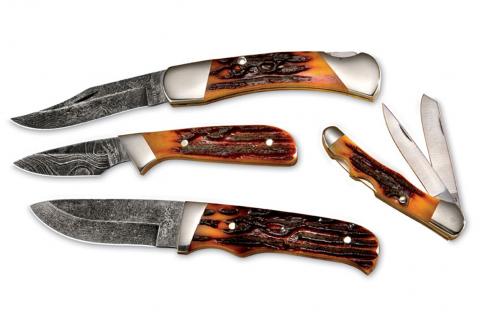Ceramic Vs. Steel Knives: Pros And Cons in the Kitchen
Ceramic and steel knives have distinct pros and cons in the kitchen. While ceramic knives offer exceptional sharpness and lightness, steel knives are more durable and versatile.
We will discuss the advantages and disadvantages of using ceramic and steel knives in the kitchen, helping you make an informed decision for your cooking needs. Whether you are a professional chef or a home cook, understanding the differences between these two types of knives will empower you to choose the right one for various tasks, ensuring optimal cutting performance in the kitchen.
So, let’s dive into the world of ceramic and steel knives and explore the pros and cons of each.
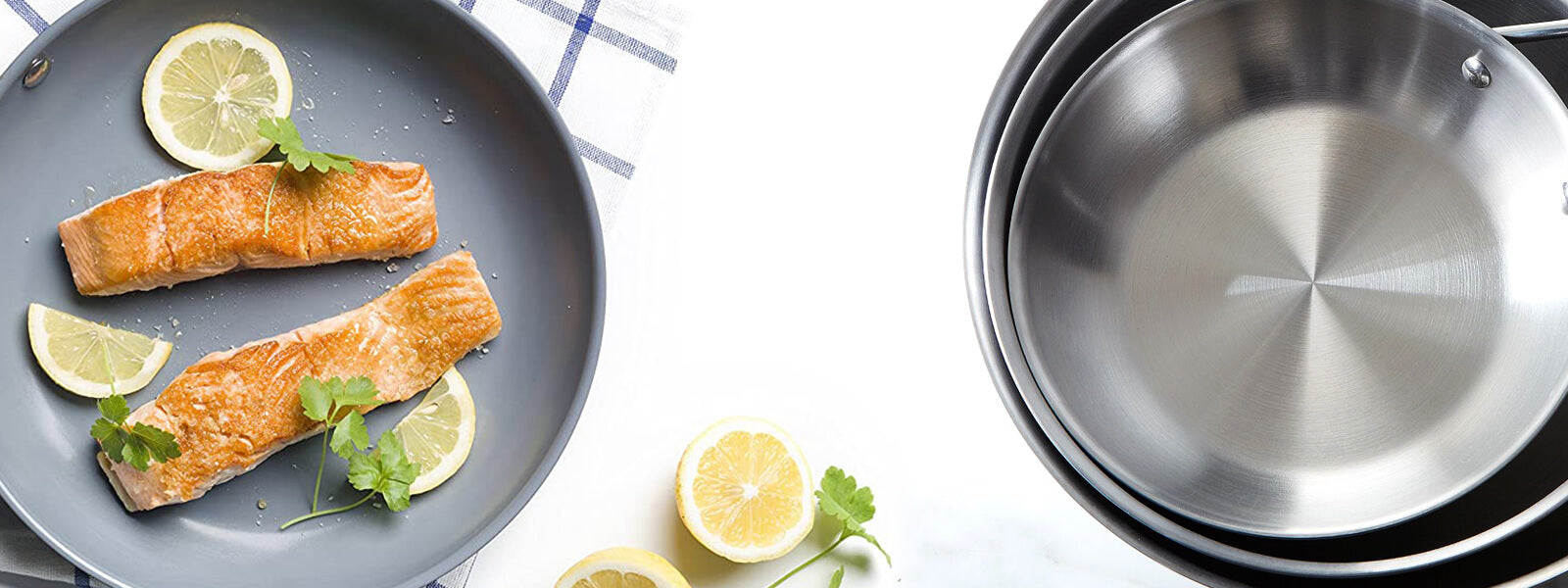
Credit: www.potsandpans.in
1. Ceramic Knives
Ceramic knives are known for their lightweight and easy handling. They are designed to retain sharpness for a long time, making them an excellent choice for precision slicing and dicing in the kitchen. Additionally, ceramic knives are non-reactive to foods, ensuring the preservation of flavors and eliminating the possibility of metallic taste. Another advantage of ceramic knives is their resistance to rust and corrosion, making them durable and long-lasting. However, it’s important to note that ceramic knives can chip or break easily if mishandled or used on hard surfaces. Therefore, proper care and storage are essential to maintain their functionality and prolong their lifespan.
2. Steel Knives
Steel knives are known for their strength and durability. They are versatile and suitable for various kitchen tasks. With the ability to be sharpened to a fine edge, steel knives offer precise cuts. Additionally, they are resistant to chipping or breaking, making them a long-lasting option for the kitchen. However, it is important to note that steel knives may react with acidic or alkaline foods, potentially affecting the taste or quality of the dish. It is advisable to handle such knives with care and wash them immediately after use to avoid any chemical reactions. Overall, steel knives provide a reliable and durable option for kitchen tasks.
3. Which Knife Is Best For You?
Ceramic and steel knives both have their pros and cons in the kitchen. When considering which knife is best for you, it’s important to take into account your cooking style and preferences. Evaluate the types of foods you commonly prepare. Do you often work with harder or softer ingredients? Assess your knife maintenance habits. Are you willing to invest time in proper care and upkeep? Weigh the importance of sharpness retention and durability. Are you looking for a knife that will stay sharp for a long time or one that is more resilient? Finally, decide based on your budget and personal needs. Consider how much you’re willing to spend and what specific qualities are important to you in a knife. By considering these factors, you can make an informed decision on whether a ceramic or steel knife is the best fit for you.
Conclusion
Whether you choose a ceramic knife or a steel knife for your kitchen, both options have their own set of pros and cons. Ceramic knives offer exceptional sharpness and can retain their edge for a long time, making them ideal for precision tasks.
However, they are brittle and can break easily if mishandled. On the other hand, steel knives are durable, versatile, and can handle heavy-duty tasks with ease. They also offer better resistance to wear and tear. However, they may require more frequent sharpening and maintenance.
Ultimately, the choice between ceramic and steel knives comes down to personal preference and specific cooking needs. Consider factors such as the type of ingredients you work with, your cutting techniques, and your budget. Whichever option you choose, proper care and maintenance will ensure that your knives remain effective and reliable kitchen tools for years to come.

